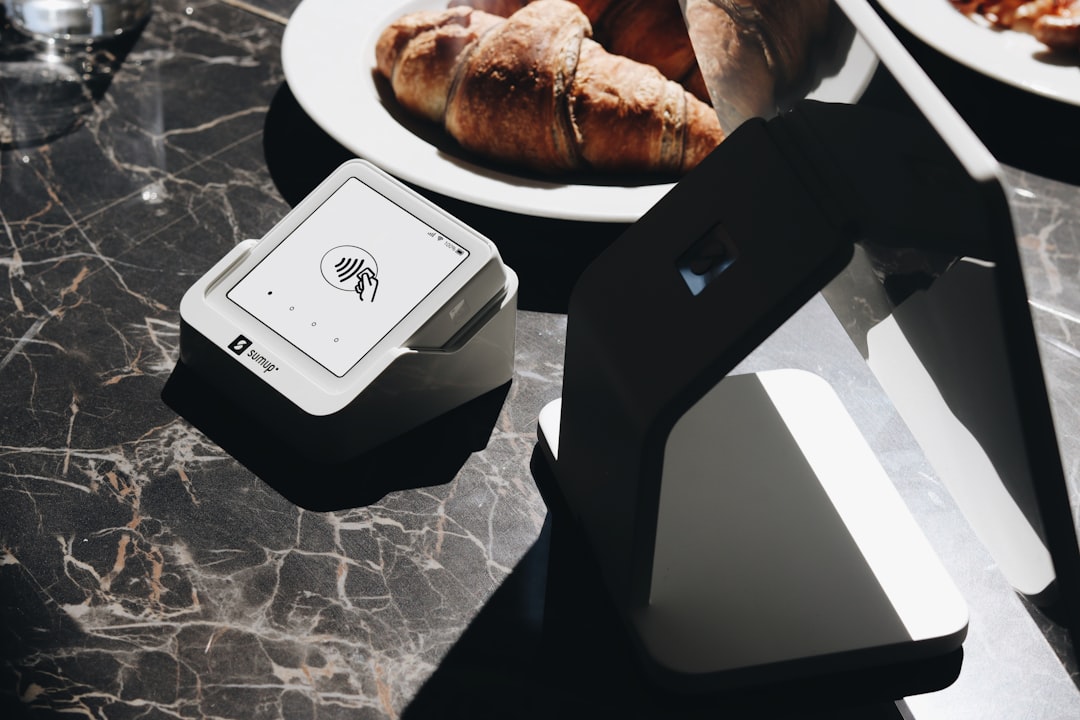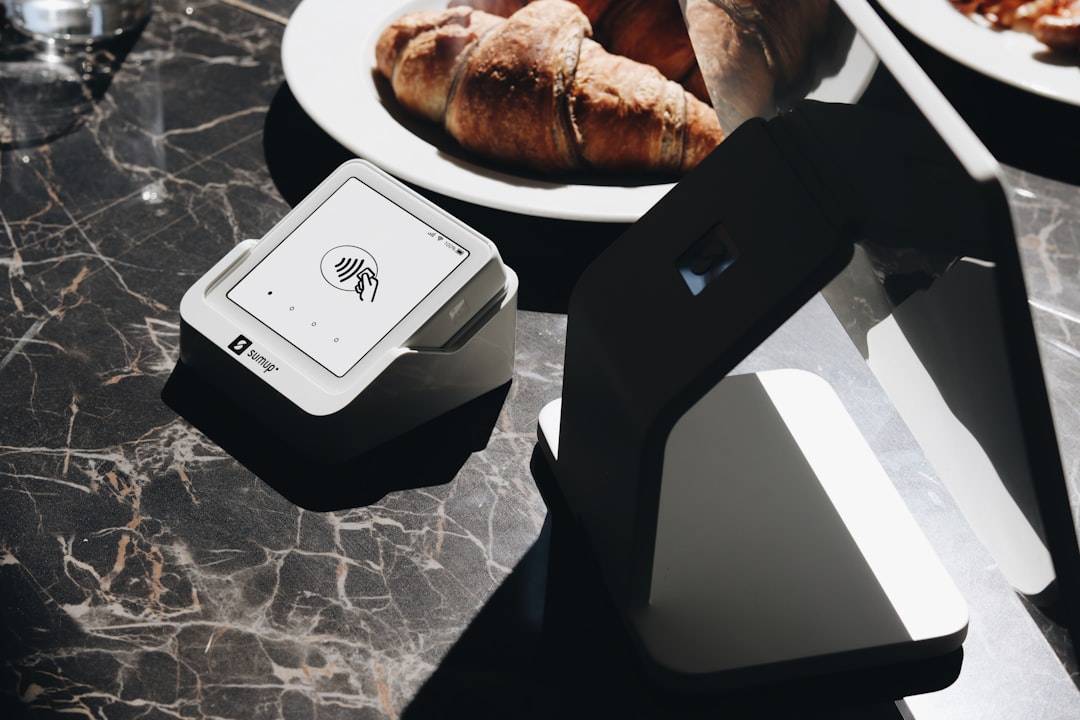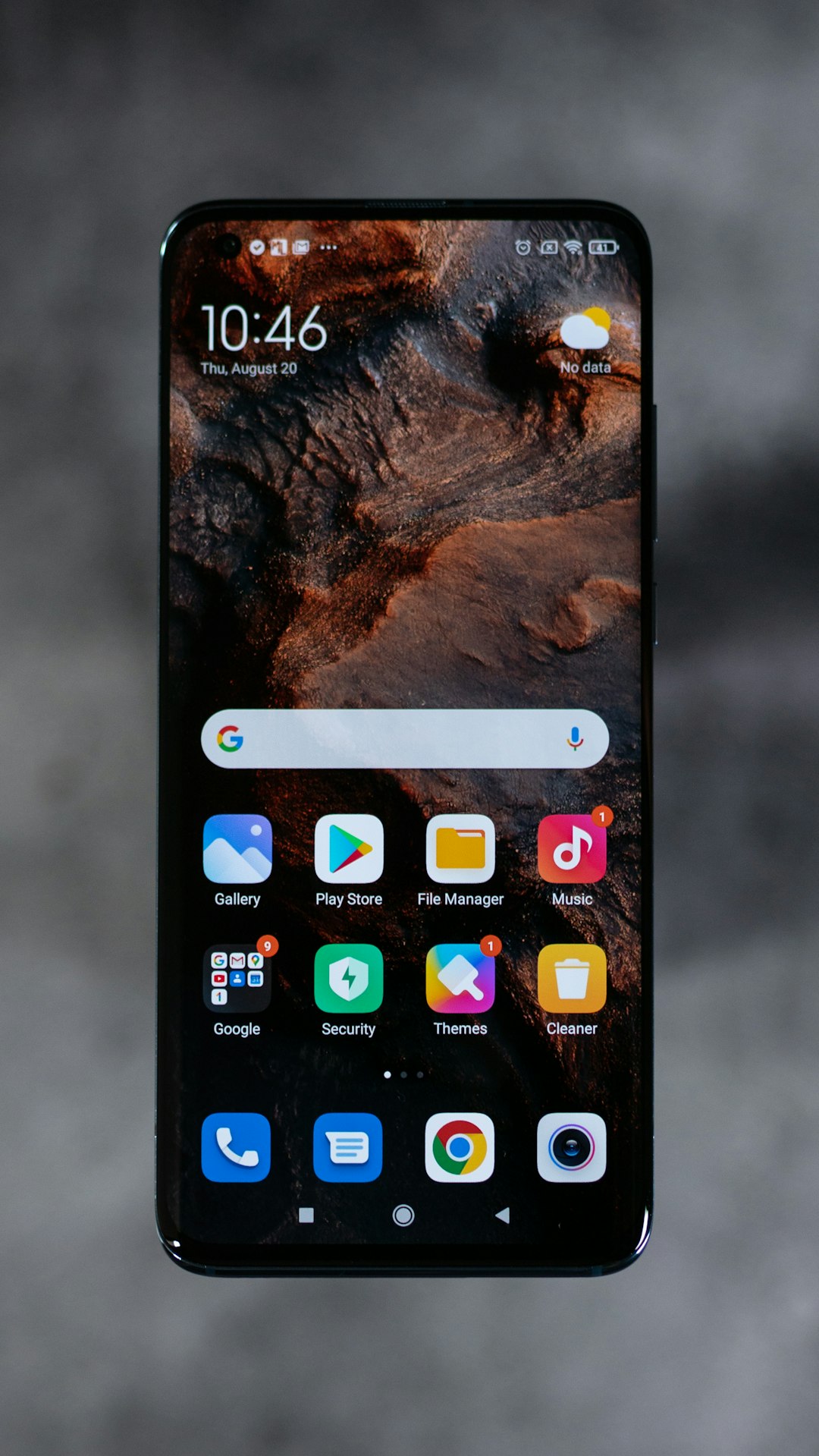In Maine, robocalls are a common nuisance but residents have legal protections via state and federal regulations, notably the Telephone Consumer Protection Act (TCPA). To reduce intrusive calls, Mainers can monitor call history, register on the Do Not Call Registry, use consumer protection services, and utilize apps that block unwanted automated calls. Understanding robocall laws and employing these tools is key to reclaiming control over communication channels. By combining legal knowledge and available resources, Maine residents can create a call-free environment.
Tired of relentless robocalls plaguing your Maine home? This comprehensive guide empowers you to reclaim control. We delve into Maine’s robust legal framework governing robocalls, offering practical strategies for effective identification and blocking. Learn how to enforce your rights when these automated calls persist, along with valuable resources and tools designed for a call-free Maine experience. Take back your time and peace of mind today.
Understanding Robocalls and Maine's Legal Framework

Robocalls, automated phone calls delivered en masse, have become a ubiquitous yet unwanted nuisance for many Mainers. These pre-recorded messages, often advertising products or services, are designed to reach a broad audience quickly but can be frustrating and intrusive when received excessively. Maine’s legal framework recognizes the distress caused by robocalls, with specific laws in place to protect consumers. The Telephone Consumer Protection Act (TCPA) is a federal law that restricts automated phone calls and texts to individuals without their prior consent. In Maine, additional protections are offered through state regulations, ensuring residents have tools to combat unwanted robocalls.
Understanding the legal context is crucial when addressing this issue. Mainers can take action by reviewing their call history for suspicious activity, registering their phone numbers on the Do Not Call Registry, and utilizing consumer protection resources available through state agencies. By staying informed about robocall laws and taking proactive measures, Maine residents can reclaim control over their communication channels and reduce the frequency of these intrusive calls.
Identifying and Blocking Robocalls Effectively

In today’s digital era, unwanted robocalls have become a persistent nuisance, but Maine residents now have powerful tools at their disposal to combat this issue. The key to effective protection lies in identifying and blocking these calls promptly. One crucial step is to familiarize yourself with Maine’s robocall laws, which provide specific guidelines on how to handle such intrusions. By understanding your rights and the legal framework, you can take proactive measures to stop these automated calls from cluttering your phone lines.
When a robocall is detected, several blocking techniques can be employed. Many modern smartphones offer built-in call filtering features that allow users to block specific numbers or types of calls. Additionally, dedicated apps are available that specialize in identifying and blocking robocalls, utilizing advanced algorithms to filter out unwanted traffic. These tools learn from community reporting, constantly updating their databases to stay ahead of emerging scams.
Enforcing Your Rights: What to Do When Called

When it comes to dealing with unwanted robocalls, understanding your rights under Maine’s robocall laws is a powerful first step. According to the Telephone Consumer Protection Act (TCPA), consumers have the right to refuse automated calls for marketing purposes. If you receive a robocall in Maine, take note of the caller’s information and record the date, time, and content of the call. You can then register your number on the National Do Not Call Registry, which is a federal database designed to prevent unwanted telemarketing calls.
If the robocalls persist, consider using tools provided by your phone company to block numbers or utilize apps specifically designed to filter out automated calls. Additionally, Maine’s Attorney General’s Office offers guidance and resources on how to deal with persistent robocallers. Filing a complaint with them can help assert your rights and send a message that such practices are unacceptable. Remember, knowing and exercising your rights is crucial in the ongoing battle against intrusive robocalls.
Resources and Tools for a Call-Free Maine

In the fight against unwanted robocalls, Maine residents have a variety of resources and tools at their disposal. The first step is understanding the robocall Laws Maine has in place to protect its citizens. According to the Telephone Consumer Protection Act (TCPA), businesses are prohibited from making automated phone calls without prior consent. Residents can register their numbers on the Do Not Call Registry, which blocks calls from known telemarketers. Additionally, many local and national organizations offer apps and services designed to filter and block robocalls, leveraging advanced technology to identify and silence these nuisance calls.
Maine’s Attorney General’s Office plays a crucial role in enforcing robocall Laws Maine has established. They actively investigate complaints related to unwanted phone marketing and work with telecommunications carriers to mitigate the issue. Residents are encouraged to file complaints about robocalls through the Attorney General’s website or by contacting their local law enforcement agency. By collectively leveraging these resources, Mainers can create a call-free environment, enjoying peace of mind in their homes and businesses without the constant interruption of unsolicited calls.






